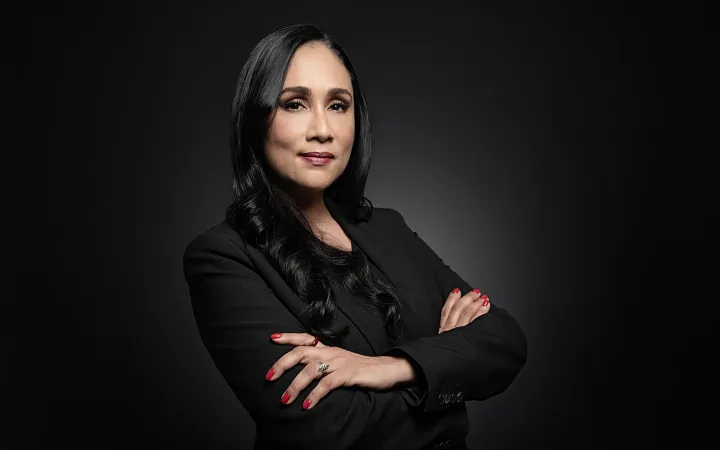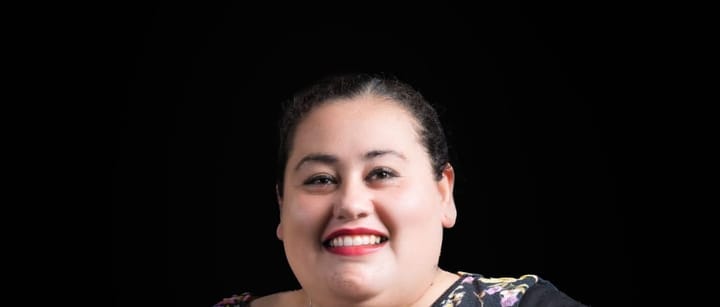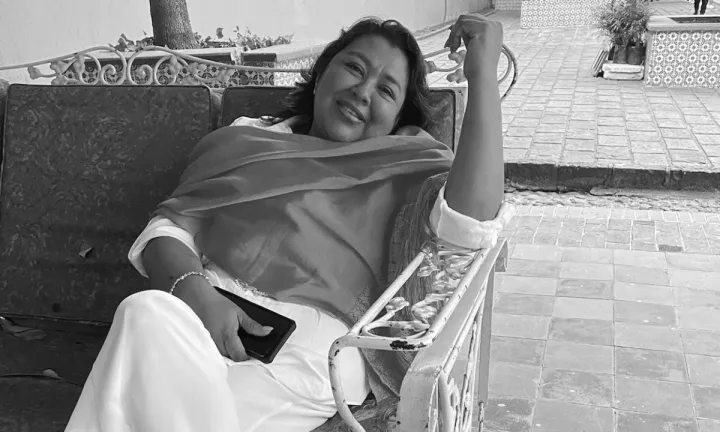Por Adela Navarro
Los políticos mexicanos, particularmente quienes ahora emanados de Morena gobiernan el país, han desarrollado una empatía selectiva. En su cargo juramentado para servir a todos y a todas sin importar raza, credo, afiliación política, edad, estrato social o ideología, ni defienden todas las causas sociales, ni apoyan a toda la sociedad, particularmente a aquella que se organiza sola y se agrupa, precisamente ante la insensibilidad de los servidores públicos para atender sus demandas y satisfacer sus necesidades.
Entre todos los grupos de la sociedad civil que han debido de congregarse ante la incapacidad e insensibilidad de la autoridad para responder y cumplir con su papel de gobernar para todos, en los últimos años resaltan aquellos de familiares de desaparecidos que han emprendido la búsqueda de los suyos, armados con picos y palas, abandonados por el gobierno y encaminados por la necesidad de localizar a sus consanguíneos.
En todos los estados de la República Mexicana hay colectivos de búsqueda de personas. En todas las entidades federativas, estos colectivos son ignorados por gobiernos y fiscalías estatales. En Baja California, por ejemplo, se dio el caso aquel cuando a los buscadores no los auxilió la Fiscalía General del Estado (FGE) para acompañarlos con maquinaria en su búsqueda y el gobierno fue implacable en su indiferencia: un diputado de Morena (Juan Manuel Molina, se llama) envió un comunicado con imágenes donde se le ve entregar a colectivos de búsqueda de personas, herramientas como picos y palas, adquiridas para su vanagloria personal, con los recursos públicos legislativos.
Con el descubrimiento por parte del colectivo Buscadores Guerreros de Jalisco el 5 de marzo del año en curso en un rancho de muerte y exterminio en Teuchitlán, Jalisco, la apatía, indiferencia e incapacidad gubernamental para atender la causa de los desaparecidos, que suma cientos de miles de casos en el país en los últimos diez años, ha sido más palpable, evidenciando esa empatía selectiva que parece distinguir a los políticos que hoy en día concentran el poder en México.
No sólo la Presidenta de México, Claudia Sheinbaum Pardo celebró una reunión con los seguidores de su partido en el Zócalo el 9 de marzo, tres días después de descubierto el rancho del exterminio. Congregó a gobernadores de su partido, legisladores y líderes partidistas, y una semana después, se le vio bailando con una niña de secundaria en Chiapas, como parte de sus giras. La empatía de la Presidenta está con la niña que feliz baila, pero no con aquella cuyo padre, hermano o abuelo, están desaparecidos.
Claudia Sheinbaum ha intentado de todas formas zafarse de la responsabilidad de haber contribuido, de alguna manera, a la existencia de un rancho del exterminio del Cártel Jalisco Nueva Generación. Sea como una herencia trágica y fatal de la política de los Abrazos, no balazos que imperó en el periodo de su antecesor, Andrés Manuel López Obrador, que proveyó impunidad a los cárteles de la droga para hacer ranchos de exterminio, asesinar personas, desaparecer a otras, extorsionar a unas más; o porque la Fiscalía General de la República (FGR) no ejerce su facultad y obligación de investigar y procesar los casos de delitos que bajo su fuero debe indagar, como una instalación apócrifa donde se mantuvo secuestradas a personas, privadas de la libertad, donde se utilizaron armas de uso exclusivo del Ejército, donde se habilitaron crematorios para deshacerse de cuerpos y se inhumaron restos, la titular del Poder Ejecutivo federal incluso ha intentado responsabilizar a la oposición y a sus “adversarios” de pagar millones de pesos en redes sociales para “atacarla” con el descubrimiento del horror en Teuchitlán, como si la indignación social a lo largo y ancho del país por lo allí sucedido no fuera orgánica, no fuera legítima, no fuera una terrible realidad del país.
La mandataria nacional debe justificar que alguien está pagando esas menciones antes de creer que así piensa y así se siente una parte del pueblo que ella gobierna para todos.
Ayer jueves 20 de marzo, los buscadores regresaron al rancho del exterminio, luego que la FGR lo interviniera sólo para responsabilizar de omisiones a la Fiscalía de Jalisco, sin atraer el caso para su investigación, pero sí condenando a la autoridad local. Lo que encontraron los buscadores 15 días después de haber localizado el rancho, les afectó sobremanera: borraron todas las evidencias de la muerte, del exterminio, de la privación de la libertad de las personas, de los crematorios, de las zonas de adiestramiento y confinamiento, de la presencia de lo que se supone fueron cientos de personas que habitaron en condiciones terribles y fatales, esa propiedad.
Ni la FGR, ni la Presidencia de la República, ni la Fiscalía de Jalisco, podrán borrar los videos tomados por colectivos de búsqueda de personas cuando localizaron cientos de objetos ahí arrumbados que alguna vez pertenecieron a sus desaparecidos: mochilas, vestimenta, zapatos, productos personales y prendas. Huesos enterrados, restos que alguna vez conformaron un ser humano. Contra la limpieza del gobierno de toda evidencia de la comisión de delitos en ese rancho, están las pruebas de la atrocidad que documentaron los buscadores antes de la llegada de los gobiernos.
Los colectivos que acudieron el jueves 20 de marzo al rancho del exterminio están indignados, frustrados. Alejandra, una de las madres buscadoras, resumió: “Sentí más dolor, yo creí que venir aquí me iba a dar un poco de calma y me voy peor”.
Como muchos otros, se sintió burlada por la desaparición de toda evidencia por parte de la autoridad, “… el Gobierno, no se vale que se burle de nosotros, entras como en un zoológico, un museo, donde yo no vengo a ser la burla de nadie; yo vengo a buscar a mi hijo y a mi sobrino, lo único que quiero es encontrarlos”.
Alejandra invitó a las autoridades a acompañarlos, a entenderlos, a que “tengamos un pedazo de corazón aquí”. Pero ni ella ni los colectivos de buscadores a lo largo de los estados de la República Mexicana, ni los desaparecidos, cuentan con la empatía de una clase política selectiva con las causas sociales, indiferente al dolor de una parte de la población, en la que efectivamente no dejan ni “un pedazo de corazón”.

Las opiniones expresadas son responsabilidad de sus autoras y son absolutamente independientes a la postura y línea editorial de Opinión 51.






Comments ()